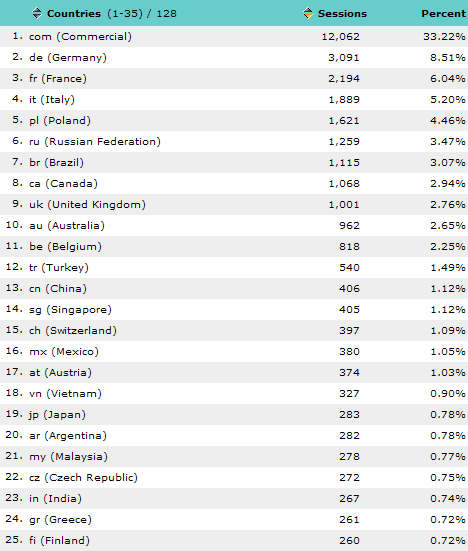After some comments I made recently, I’ve had a few folks ask me why I have a problem with Registry Cleaner programs. While there are some very good, professionally done Reg Cleaners, this is just not the type of program I run on my own systems.
Based on my own experience, I haven’t been able to find a real benefit in performance based on removing useless items from the registry. For me, it’s strictly a matter of risk versus gain. While I’m sure most Reg cleaners do exactly what they’re suppose to, the risk of problems due to errors or user misunderstanding are too great.
There’s a
myth that humans only use 10% of their brain. If this was true(it’s not), would you want someone cutting out part of the brain you don’t use in hopes it would make the other part work better? The registry is the brain of the Windows operating system. The risk of removing something that is critical is greater than the benefits that may be gained.
I’ve found there are two ways which really make a difference in Windows performance.
One is more memory. When recommending new computers, I usually suggest available funds be put towards extra memory rather than a faster processor.
The second is getting rid of the additional programs that run at Startup. While you may think me biased, I don’t think I’m alone on this one. I’ve been reading a lot of articles recently about
crapware or
craplets being installed on new computers.
Most tech heads agree on these two, but there’s still some debate about Registry Cleaning and Disk Defragging.
I took a look at some of the claims from Registry Cleaners and they all say pretty much the same thing.
“Problems with the Windows Registry are a common cause of Windows crashes and error messages.”
“By fixing these obsolete information in Windows registry, your system will run faster and error free.”
“By using a registry cleaner regularly and fixing registry errors your system should not only be more stable but it will also help improve your system performance without expensive hardware upgrades.”
I don’t think it’s worth the risk. What do you think?
Labels: bloatware, craplets, crapware, performance, RegCleaner
 Bits from Bill
Bits from Bill




















